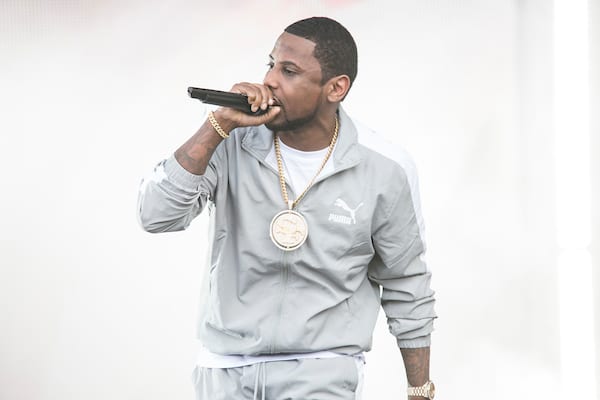
Fabolous recently stirred controversy with his remarks regarding female rap. In an interview, he expressed his thoughts on the current state of female artists in the genre, drawing criticism from both fans and fellow artists. While some argue that his comments were taken out of context, others view them as perpetuating harmful stereotypes and undermining the progress made by women in rap music.
Fabolous suggested that female rappers are focused more on their image and sexuality rather than their lyrical prowess. He stated that female artists are using their sex appeal as a primary marketing strategy, which, according to him, overshadows their actual talent.
“Love hearing the female rappers talking some real sitt,” Fab said. “Women are so strong, have so many stories and perspectives that we need to hear in pure form.
“No disrespect to any of the female rappers out, but I think there’s only one style of female rap/hip hop being promoted, programmed, and looked at as successful now.”
These remarks ignited a backlash as many felt that he was disregarding the hard work and artistic abilities of female rappers who have achieved significant success.
Critics argue that Fabolous’ comments reflect a pervasive bias in the music industry that disproportionately scrutinizes and undermines women in rap. They assert that female artists are often subjected to heightened scrutiny regarding their appearance, sexuality, and lyrical content, while male counterparts are granted more leniency. This double standard perpetuates gender inequality and hinders the growth and recognition of talented women in the genre.
In recent years, the rise of female rap artists such as Cardi B, Megan Thee Stallion, and Nicki Minaj has shattered barriers and garnered widespread acclaim. These artists have dominated the charts and delivered exceptional lyricism and compelling storytelling in their music. Their success has demonstrated that female rappers are multifaceted artists with valuable contributions to the hip-hop landscape.
Moreover, female rap artists have used their platforms to address social issues, empower women, and provide representation for underrepresented communities. They have challenged traditional notions of femininity, unapologetically embraced their sexuality, and defied societal expectations. By doing so, they have paved the way for a more inclusive and diverse industry.
While Fabolous’ criticism sparked an important conversation about gender dynamics in rap music, it is crucial to recognize the achievements and contributions of female artists. The rap industry should continue encouraging and supporting talented women, providing them equal opportunities to thrive and succeed. By celebrating their skills, authenticity, and unique perspectives, we can foster an environment that cultivates the growth of female rap and promotes gender equality in the music industry as a whole.
The post Fabolous Offers Criticism of Women’s Rap: ‘There’s Only 1 Style Being Promoted’ first appeared on The Source.
The post Fabolous Offers Criticism of Women’s Rap: ‘There’s Only 1 Style Being Promoted’ appeared first on The Source.
